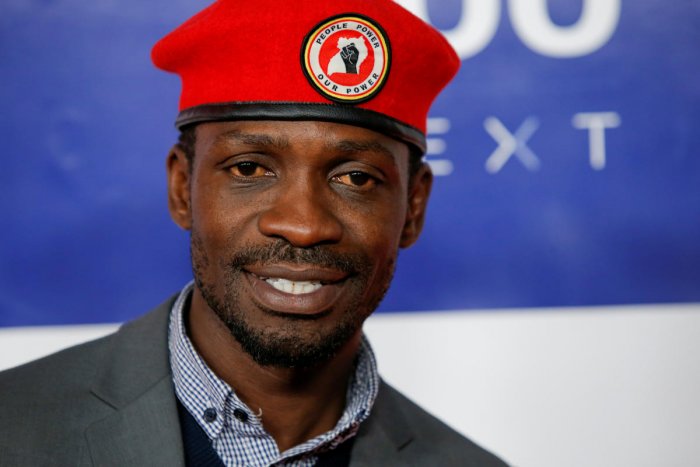Yoweri Museveni has been elected for his sixth term despite allegations of fraud, violence and cutting internet access. January 14 saw Ugandans head to the voting booth to decide the fate of the nation known as the Pearl of Africa. Dictator Yoweri Museveni, 76, won the election amidst heavy allegations of fraud, violence and government cutting of internet access only days before voting, a move the election monitor condemned. Having won 58% of the vote, Museveni is now in his sixth term having served as the country’s President for over 35 years. This year’s election was like no other in that Ugandan pop star Robert Kyagulanyi, 38, known as his stage name Bobi Wine, stood as the main opposition candidate to challenge Museveni’s decades-long regime. The music star, self entitled the “Ghetto President,” engaged the support of Ugandan’s youth and said he represented signs of changing that were sweeping Africa.
Even though his campaign run, which saw his life threatened and his body guard get run over reportedly by military police, ended in a loss, Wine said he will reveal evidence of voter fraud in the election. A dictator with nothing left to promise Uganda. Ugandans are desperate for democracy, Yoweri Museveni only gives them tyranny. Since he became president 29th January 1986, the average GDP per capita in Uganda is $ 610.46. Yet he has the audacity to rig a further 5-year 6th term in office. According to CIA World Fact book (2020), about 60% of Ugandans are poor and 30% are very poor after 35 years of iron rule by this ruthless dictator who has severally maimed opposition leaders. One wonder what else President Museveni can offer Uganda. But worst of all, why should people die in an otherwise democratic election? I have utmost respect for Julius Malema of South Africa for condemning the bullying by President Museveni. If African Union leaders can’t stand up to bullies who’re ruining their countries, the organization should be dissolved for continued hypocrisy.
Speaking before the final result was announced, Mr Wine accused his opponent of fabricating the results and labelled the poll “the most fraudulent election in the history of Uganda”He also claimed to have video evidence of voting fraud, promising to share the footage as soon as the country’s internet connections were restored. Simon Byabakama, Electoral Commission chairman, said on Friday that under Ugandan law, the “burden of proof” rested with Mr Wine – and that he must provide evidence to substantiate his allegations. In addition to the internet ban, Mr Museveni’s government also banned all social media and messaging apps from being used inside Uganda. Critics have suggested the move was a direct affront against Mr Wine’s campaign due to his supporters often using Facebook to relay live coverage of his campaign. While the US and EU did not send observer teams to the election, the US State Department’s senior diplomat for Africa, Tibor Nagy, said in a tweet that the “electoral process has been fundamentally flawed”. Uganda’s national electoral commission (EC) is once again under intense scrutiny after a messy presidential election that effectively locked out hundreds of thousands of voters in opposition strongholds – to the benefit of Museveni. Museveni’s despotic antics are cause for shame to Uganda. An old cargo typical of African greedy leaders who is reluctant to leave office even after he had promised to hand over power to the younger generation after over 35 years at the helm. Yoweri Museveni, who came to power on the back of an armed uprising in 1986, has defied the political laws of gravity which have felled other long-serving leaders in the region. Needless to say, his time at the top has been accompanied by a long period of peace and big developmental changes for which many are grateful. But he has managed to maintain his grip on power through a mixture of encouraging a personality cult, employing patronage, compromising independent institutions and side-lining opponents. During the last election five years ago when he addressed the issue of him stepping down, he asked: “How can I go out of a banana plantation I have planted that has started bearing fruits?” Shame of Uganda, Indeed.
Author: Gbenga Teejay Okunlola
London, UK
teejayok@gmail.com

